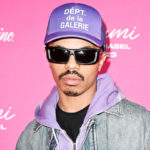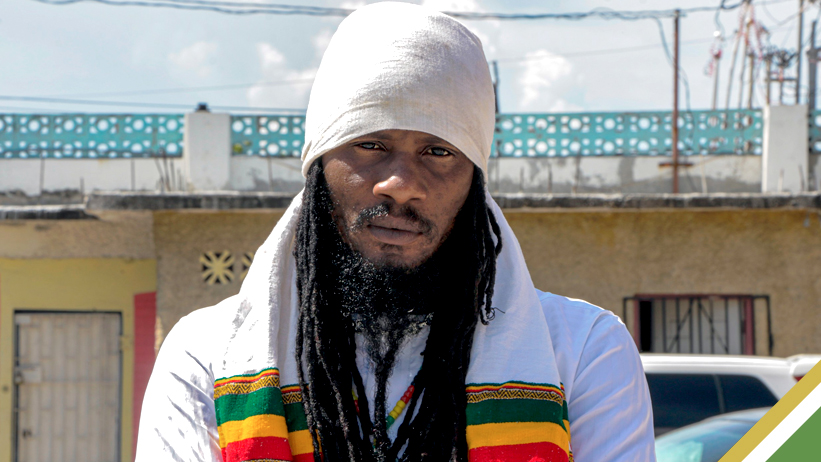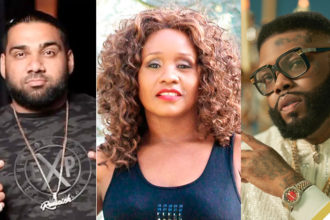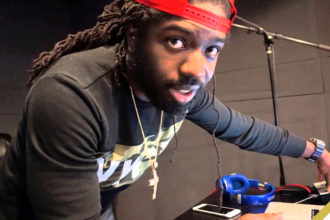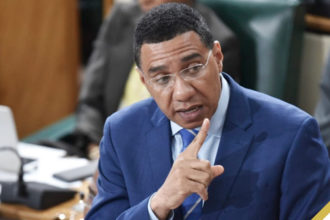Reggae singer Natty King is taking a bold stance against the explicit content dominating Jamaica’s music scene. The No Guns to Town hitmaker is calling on the Government of Jamaica to implement a policy that would penalize artists for using foul language in their songs. Speaking in a recent livestream with publicist Ralston Barrett, the conscious reggae artist argued that many of today’s entertainers are “inoculating the country and the youths dem” with negative influences, pushing content that promotes violence, vulgarity, and immorality. His solution? A strict vetting process for music releases, fines for explicit material, and a total ban of such songs from public airwaves. “If you don’t want enemies, then leave truth alone,” he declared, standing firm despite potential backlash from industry players.
Natty King, born Kevin Roberts, rose to fame in the early 2000s with his hit single No Guns to Town, a powerful anthem against gun violence. His catalogue, steeped in social justice, Rastafarian principles, and messages of unity, has earned him a dedicated following both locally and internationally. Unlike many of his contemporaries who have leaned into the more aggressive and explicit nature of dancehall, Natty King has remained committed to roots reggae, a genre that, despite declining commercial dominance, continues to be Jamaica’s most globally recognized musical export. According to UNESCO, reggae generates over $300 million USD annually in revenue for Jamaica, underscoring its economic and cultural significance.
However, Natty King believes that Jamaica’s government has neglected its responsibility to uphold moral standards in the music industry. He pointed out that while some countries reject certain lyrical content outright, Jamaica allows its airwaves to be flooded with “dutty-mouth” lyrics. His criticism also extends to the nation’s heavy reliance on Bob Marley’s legacy to sustain its tourism industry, which contributes approximately 9.2% to the country’s GDP, according to the World Travel & Tourism Council. While dancehall remains commercially influential, with artists like Vybz Kartel, Shenseea and Skillibeng breaking into international markets, its explicit content has led to bans in some countries.
Despite the controversy, Natty King’s appeal reignites a long-standing debate about artistic freedom versus social responsibility in Jamaican music. Should the government intervene to clean up the industry, or should artists be left to express themselves freely? As reggae and dancehall continue to shape Jamaica’s cultural and economic landscape, the question remains—how much influence should the state wield over the nation’s most powerful export?
View this post on Instagram



